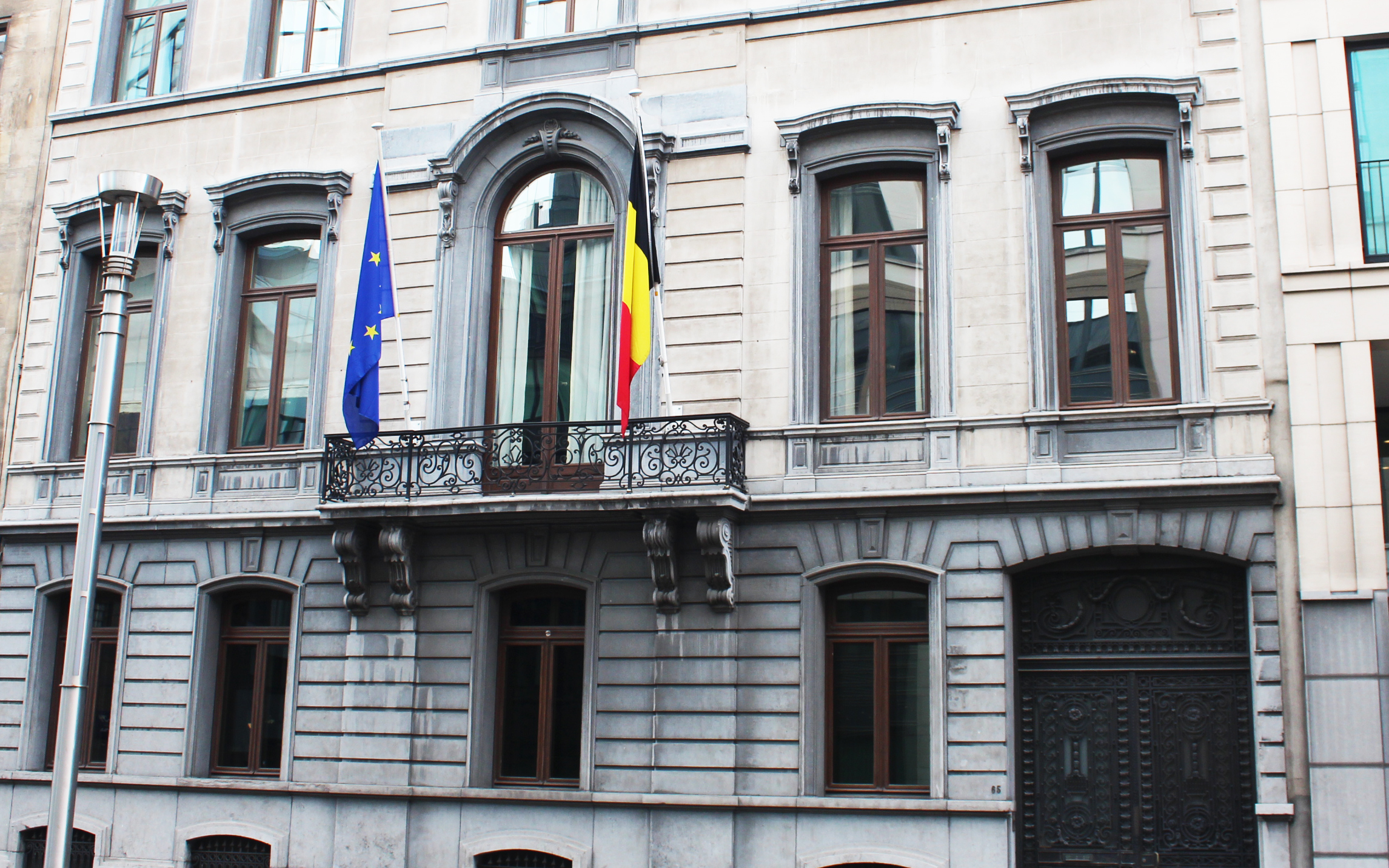The latest News from the European Union in Brussels
The new ERDF Programme 2021-2027 approved
by the Government of the Brussels-Capital Region

The new ERDF Programme 2021-2027 has just been approved by the Government of the Brussels-Capital Region in its second reading on 20th July and will shortly be sent for validation to the European Commission.
This programme, supported by the European Union through its cohesion policy, will total nearly 300 million euros, including a European contribution of 121 million euros.
As a comparison, the previous programme totalled 191 million, 95 million of which came from the EU.
This new programme will be an important source of funding to support ambitious public and private investments and projects in the coming years in:
- Research and innovation: as agents and levers of social and environmental change, research and innovation represent a means of developing more efficient economy and public action. The ERDF shall also be used to develop an infrastructure to raise awareness of science among young people, with a view to promoting scientific vocations and interest. Significant resources will also be dedicated to the creation of new infrastructures to set up projects of excellence within the innovation clusters in order to strengthen the ecosystem as a whole;
- The digital transition: given the significant resources that the digital challenge requires, the Government has chosen to help the public authorities develop digital projects and solutions for businesses and citizens. In addition, the programme will provide support to limit digital exclusion and help citizens in difficulty to seize the opportunities offered by digital developments;
- The growth and competitiveness of SMEs: the Brussels Government wants to continue its support for the economy in promising areas, to develop quality employment in these companies, promote the ecological transition of the economy and create new companies. To this end, the programme will back projects to support companies, as well as hosting and investment for their benefit; to ensure their development and growth, SMEs must be able to count on quality production facilities that public and private operators have been trying to develop in the territory for several years. The programme will also continue to meet the financing needs of Brussels entrepreneurs by developing adapted loan mechanisms;
- The climate issue: the Brussels-Capital Region has chosen to invest 30% of its resources in improving energy performance, targeting in particular the insulation of public buildings and social and low-income housing, so that they can meet EU priorities (energy neutrality);
- Recycling and reuse: the programme plans to develop modern infrastructures and tools to promote waste recycling, the transformation, processing and reconditioning of urban materials and “deposits” (furniture, textiles, etc.);
- Support for the creation of quality green spaces (particularly in the most urbanised areas, to combat heat islands) and the remediation of wasteland for collective projects (parks, collective facilities);
- The development of housing for vulnerable groups and structured accommodation solutions for migrants;
- The development of complementary resources to reinforce sustainable neighbourhood contracts and urban renewal contracts by adding community facilities for the benefit of the population.
Calls for projects for these different themes will be launched in the coming months, inviting public (especially local) authorities, development operators, the academic world and associations to submit projects to be implemented in the next few years (up to and including 2029).






